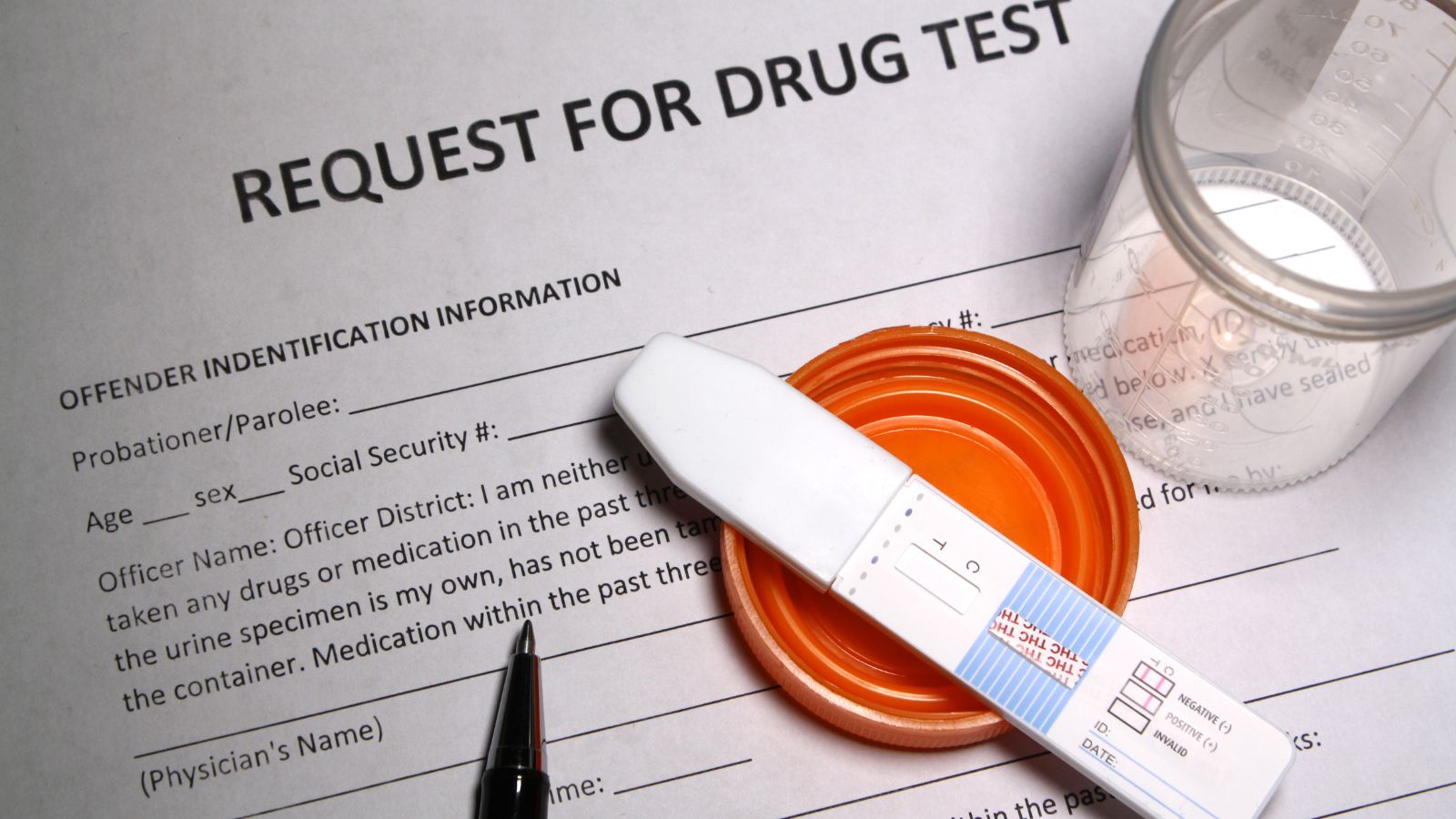In the midst of child custody disputes, the well-being and safety of the children involved take precedence. Allegations of drug abuse can significantly impact the outcome of these cases. Courts may require drug testing to ensure that the child’s environment is free from substance abuse. Understanding when drug tests are used, how to request a drug test, and how they are administered is essential for any parent facing or initiating a custody dispute.
The Impact of Drug Abuse on Child Custody Cases
Drug abuse is a serious concern in child custody cases as it can affect a parent’s ability to provide a safe and stable environment for their children. If one parent believes that the other is using drugs, they can request the court to order a drug test as part of the custody evaluation process. Positive test results can lead to supervised visitation, mandatory rehabilitation, or even loss of custody.
When are Drug Tests Used in Custody Disputes?
Drug tests are typically utilized in custody disputes when:
- Allegations of Drug Use: If one parent accuses the other of using illegal drugs or abusing prescription medication.
- History of Substance Abuse: If there is a known history or prior incidents involving drug abuse.
- Behavioral Indicators: Exhibiting behaviors that suggest drug use, such as erratic behavior, frequent accidents, or neglect.
- Legal Requirements: In some jurisdictions, drug testing may be a standard procedure in all custody cases.
How to Request a Drug Test
If you are concerned about your child’s safety due to the other parent’s potential drug use, you can request a court-ordered drug test by:
- Filing a Motion: Submit a formal request to the family court outlining the reasons for the drug test.
- Presenting Evidence: Provide any evidence that supports the claim of drug use, such as police reports, convictions, medical records, or testimonies from witnesses.
- Attorney Assistance: Work with a family law attorney who can help navigate the legal process and present your case effectively.
How Court Ordered Drug Tests Are Administered
Once a drug test is ordered, it must be conducted according to legal standards to ensure the results are admissible in court. The administration of drug tests may involve:
- Testing Methods: Common methods include urine tests, hair follicle tests, blood tests, and saliva tests, each with varying detection windows and levels of reliability.
- Certified Facilities: Tests are typically administered at certified laboratories or medical facilities to ensure accuracy and credibility.
- Chain of Custody: Proper chain of custody must be maintained for the test results to be legally valid. This means there must be a documented record of everyone who handles the sample.
Understanding the Consequences of Positive Results
A positive drug test can have serious repercussions in a custody case. Courts will consider the best interests of the child when determining custody and visitation arrangements. Depending on the severity and frequency of the drug use, the court may order:
- Supervised Visitation: The parent may be allowed to see the child only in the presence of a court-appointed supervisor.
- Rehabilitation Programs: The parent may be required to complete a drug treatment program before being considered for custody or unsupervised visitation.
- Custody Reevaluation: The custody arrangement may be revisited, and primary custody could be awarded to the other parent.
We are here to help
If you are involved in a child custody dispute where drug use is a concern, it is crucial to understand your legal rights and options. Jafari Law and Mediation Office is equipped to provide the guidance and support you need during this challenging time. Contact Us for Your Consultation to ensure that your child’s best interests are protected.
Disclaimer: The information provided on this website does not, and is not intended to, constitute legal advice. All information, content, and materials available on this site are for general informational purposes only.

